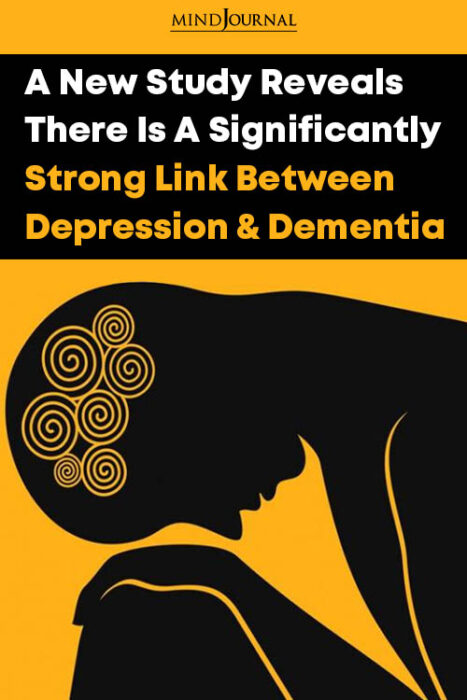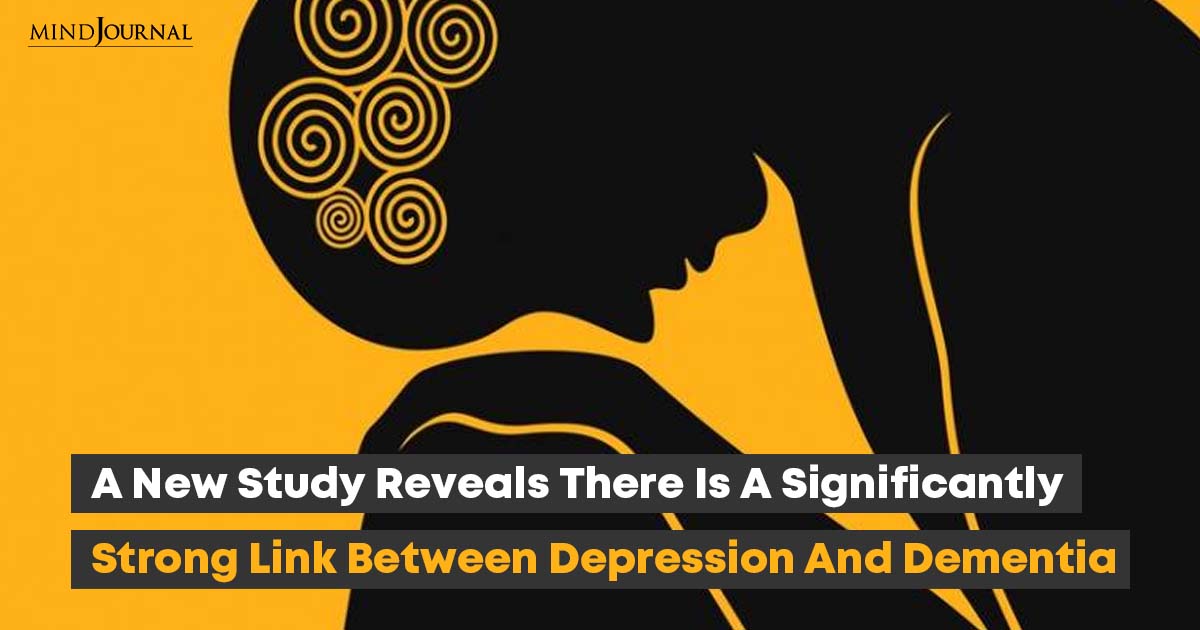A groundbreaking study published in the journal JAMA Neurology presents compelling evidence that proves the link between depression and dementia. Individuals diagnosed with depression during adulthood may face a significantly increased risk of developing dementia as they age.
The extensive research, led by Dr. Holly Elser, an esteemed epidemiologist and resident physician in neurology at the University of Pennsylvania, utilized data from a comprehensive cohort of over 1.4 million Danish citizens.
These participants were meticulously tracked from 1977 to 2018, providing robust and long-term insights into the potential association between depression and dementia.
Depression And Dementia Study
The findings reveal a worrisome trend, demonstrating that individuals with a history of depression during their adult years have more than double the risk of developing dementia later in life compared to those without a depression diagnosis.
This revelation has significant implications for public health, underscoring the importance of early detection and intervention for depression, which could potentially help mitigate the risk of dementia in the elderly population.

The study’s rigorous methodology and vast sample size contribute to its reliability and serve as a pivotal advancement in understanding the complex interplay between mental health and cognitive decline and depression and dementia link.
Read more here: Rob McElhenney Diagnosed With Neurodevelopmental Disorders: Shedding Light On Symptoms And Coping Strategies
As the global population continues to age, these results urge healthcare professionals to be vigilant in monitoring and addressing depression as a potential risk factor for dementia, ultimately aiming to enhance the well-being of countless individuals around the globe.
Link Between Depression And Dementia
In the study, individuals were identified as having a depression diagnosis or not, and they were followed over the years to observe who developed dementia later in life. Factors such as education, income, cardiovascular disease, diabetes, substance use disorder, and bipolar disorder were adjusted for by the researchers to strengthen the reliability of their findings.
Although the study demonstrated a strong association between depression and dementia, there remain unanswered questions. Dr. Holly Elser, the lead researcher, pointed out several areas that require further investigation. One aspect concerns the possibility of shared common risk factors for depression and dementia occurring earlier in life.
Additionally, depression might increase dementia risk by influencing levels of key neurotransmitters, or it may lead to changes in health behaviors that subsequently elevate the risk of dementia.
As a result, future research should focus on examining potential mechanisms that link depression in early adulthood to the later onset of dementia.
Another aspect of the results requiring further exploration is the observation of a stronger association in men compared to women, as highlighted by Dr. Natalie Marchant, who holds the position of associate professor in the division of psychiatry at University College London.
She expressed her interest in further investigating this finding, suggesting that it supports the notion of assessing risk factors for elderly dementia separately in men and women due to the potential involvement of distinct mechanisms.
However, Dr. Natalie Marchant, an associate professor in the division of psychiatry at University College London, who was not involved in the research, pointed out that the unavailability of information such as genetic data limited the study.
Read more here: Alzheimers Drug Gets FDA Approval, Expands Medicare Coverage To Slow Down The Disease
According to Elser, depression in late adulthood has often been considered an early symptom of dementia, and previous studies have shown a depression and dementia link. However, the most recent study establishes a connection between depression diagnoses in early and mid-life and the risk of developing dementia in old age.
Why Depression Treatment Is Important?
Dr. Natalie Marchant helped us to understand the necessity of depression treatment. According to her preliminary findings from other observational studies indicate that older adults who participated in therapy aimed at alleviating symptoms of depression and/or anxiety experienced a reduced risk of future dementia.
However, due to the nature of these studies being observational, researchers cannot definitively establish whether the therapy directly caused the decrease in dementia cases.









Leave a Reply
You must be logged in to post a comment.